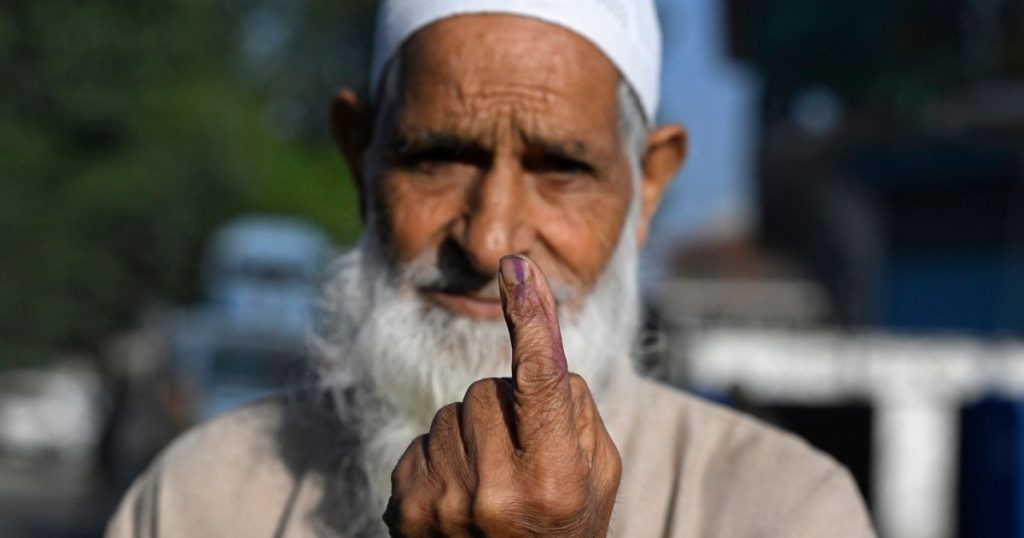Voters in India’s Jammu and Kashmir region are participating in the first provincial election in a decade. The region has faced years of militant violence and complex political tensions between India and Pakistan over the disputed territory. The nine million registered voters are choosing members for the 90-seat legislature in a three-phase election, with results expected on Oct. 8. Many voters expressed their enthusiasm for exercising their democratic rights and voting for development.
Jammu and Kashmir is India’s only Muslim-majority territory and has been at the center of a dispute between India and Pakistan since 1947. The region had a special status of partial autonomy until 2019 when Prime Minister Narendra Modi’s government revoked this status. The Supreme Court upheld the decision and set a deadline for local elections to be held by Sept. 30. The BJP-led government claims that revoking the special status has restored normalcy and accelerated development in the area.
Prime Minister Modi has urged all citizens to participate in the Jammu and Kashmir Assembly elections to strengthen democracy. Historically, pro-independence militants have targeted elections in Kashmir, leading to low voter turnout. However, the region saw its highest turnout in 35 years during the national elections held earlier this year, with a 58.46% participation rate. The current election features regional parties vying to restore the special status, the main opposition Congress party allied with a local group, and the BJP focusing on development and ending militancy permanently.
The legislative assembly in Jammu and Kashmir will have the power to discuss local issues, create laws, and make decisions regarding the governing of the territory. However, the assembly cannot restore the special status, as that authority lies with the federal government. The election is seen as a critical moment in the region’s political future and will determine the direction of governance in Jammu and Kashmir moving forward. The high voter turnout and active participation in this election indicate a significant engagement with the democratic process among the region’s residents, signaling a potentially transformative moment in Jammu and Kashmir’s political landscape.


